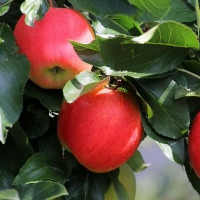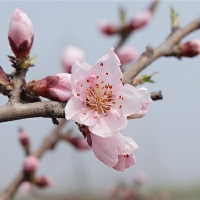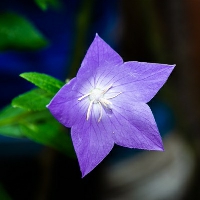The complete poem about where to stir up dust is: where to stir up dust when there is nothing.
It means: there is nothing in my heart, where can I catch any dust.
Bodhi Keta, a Buddhist term, originated from Huineng of the Tang Dynasty, refers to all secular affairs in the world.
1. From the viewpoint of a monk, the world affairs are not clean, so it is called dust affairs.
2. Original text: Bodhi has no tree, and the mirror is not a platform.
3. Buddha's nature is always clean, where is the dust! The body is a bodhi tree, and the heart is a mirror.
4. The mirror is clean, where is the dust! Bodhi is not a tree, and the mirror is not a platform.
5. There is nothing in the world. Where can we get dust! Bodhi only seeks from the heart. Why bother to seek for mystery? It's said that the West is only at present! There was no bodhi tree or mirror stand.
6. Buddha nature is always clear and clean, where can there be any dust? The body of all beings is a wisdom tree of enlightenment, and their hearts are like a bright mirror.
7. The bright mirror is always clean, but where can it catch any dust? There was no bodhi tree or mirror stand.










